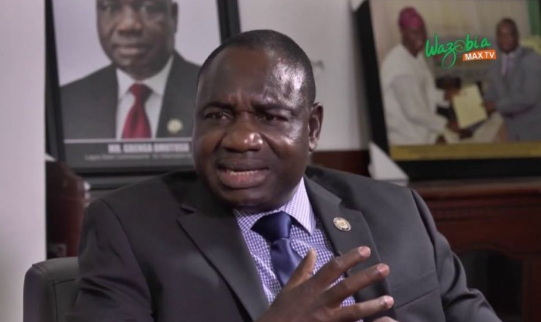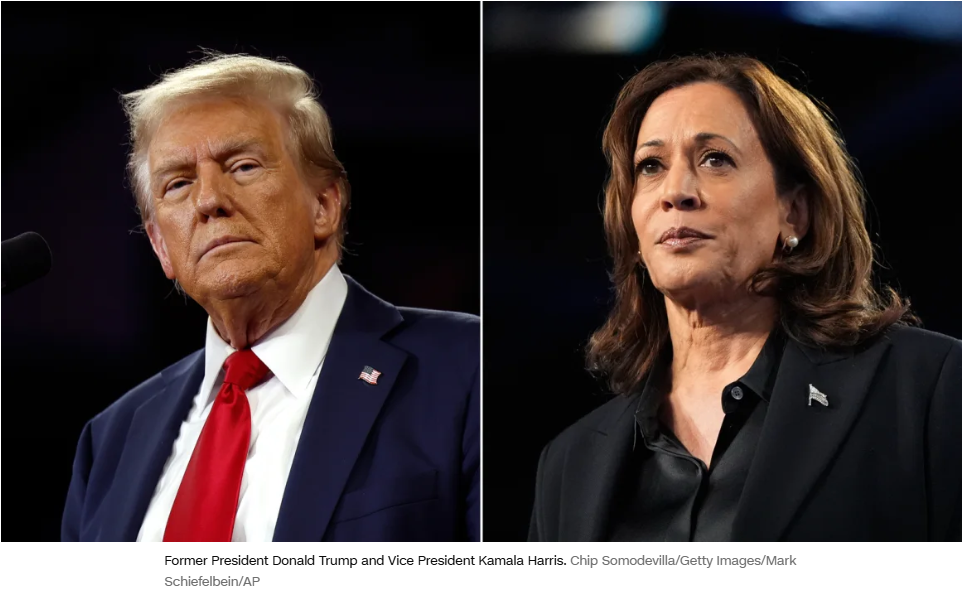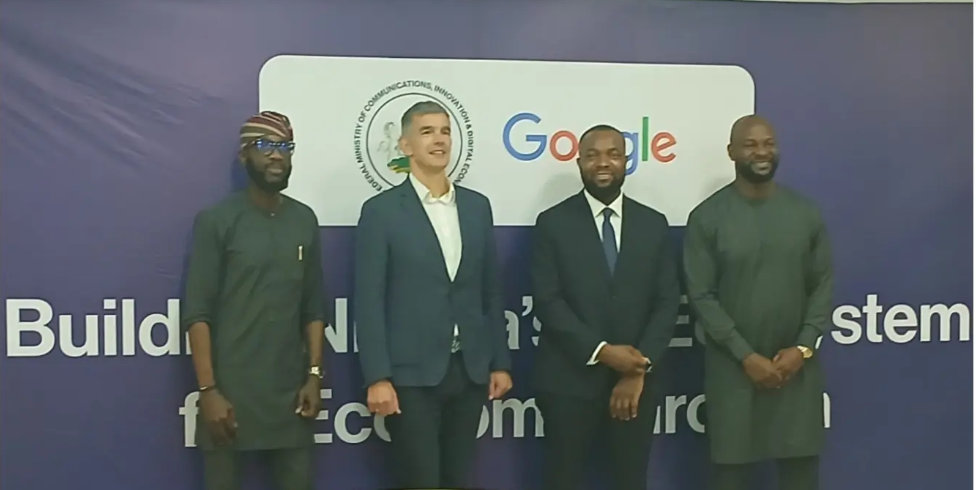By Joke Kujenya
CONCERNS ARE mounting across Nigerian households as rising costs of living push many to reconsider major purchases and cut back on spending.
The latest Household Expectation Survey by the Central Bank of Nigeria (CBN) indicates a bleak economic outlook, with households forecasting increases in transportation, home purchase, vehicle costs, rent, and healthcare expenses over the next six months.
According to the survey, households plan to focus spending on essentials like food, education, transportation, and medical expenses.
The CBN’s Consumer Confidence Index reflects these anxieties, capturing pessimism across three dimensions: Economic Conditions, Family Financial Situation, and Family Income.
For big-ticket items such as cars, homes, and other consumer durables, many respondents reported unfavorable buying conditions.
The economic downturn is particularly evident in the automobile sector.
Car dealers in Lagos and Abuja report a sharp decline in demand, as Nigerians swap fuel-intensive SUVs for more efficient vehicles.
“People are selling big cars; demand is low,” said Maji Abubakar, a dealer in Abuja.
High petrol prices, which have surged since President Bola Tinubu took office, are further straining household budgets.
A liter of petrol, which sold for 195 naira before May 2023, now costs up to 1,300 naira in some regions. Inflation is at a 30-year peak, exacerbating poverty as locals struggle to afford basic needs.
Bolaji Emmanuel, a 72-year-old retiree, typifies these struggles, having given up his car due to surging fuel costs.
“It’s not convenient, but the economy leaves me no choice,” he remarked. Experts warn that inflation could push more Nigerians into poverty, with the World Bank estimating that poverty levels will increase before stabilizing in 2026.
Households report an increased reliance on public transport as personal vehicles become unaffordable.
The automobile market has been heavily impacted, with a drop in new car sales of up to 14% in the past year.
SUVs, once priced at 45 million naira, now cost nearly 100 million naira, says Kunle Jaiyesinmi of CFAO Group.
Analysts attribute this market shift to Tinubu’s economic reforms, including the removal of fuel subsidies and devaluation of the naira.
Increased prices for daily essentials are stretching household incomes thin, with many opting to forego spending on housing and transportation.
CBN’s survey underscores an urgent need for economic adjustments to mitigate the pressures of an inflation-driven crisis affecting millions of Nigerians.
With reports from the AFP
At JKNewsMedia, our dedication to delivering reliable news and insightful information to our cherished readers remains unwavering. Every day, we strive to provide you with top-notch content that informs and enlightens. By donating to JKNewsMedia, you directly contribute to our mission of delivering quality journalism that empowers and informs. Your support fuels our commitment to bringing you the latest updates and in-depth analysis. Let's continue to uphold the highest standards of journalism and serve our community with integrity and dedication. Thank you for being a part of the JKNewsMedia family and for your ongoing support.





